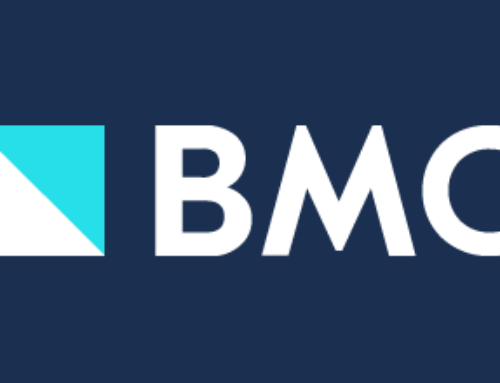CENTER UPDATE | JULY 2022
In this Issue:
- CMS Proposes Eliminating Cost-Sharing for Colonoscopy after Positive Test
- 5 Tips for No-Cost Care
- Ohio Expands Breast Cancer Screening Coverage
- In America, Cancer Patients Endure Debt on Top of Disease
- Reframing Prior Authorization to Target and Reduce Low-Value Care
- No–Value Care: A Starting Point to Reduce Wasteful Healthcare Spending
- Value-Based Care in Diabetes Care Management Calls for Policy Changes
- 1 in 7 Face Catastrophic Spending on Insulin
- Sanofi Caps Out-of-Pocket Insulin Costs at $35
- EBRI HSA-Eligible Health Plans Infographic
- What’s Wrong with Health Insurance?
- Americans Still Receiving Surprise Medical Bills
- Adding a $5,000 Out-of-Pocket Limit to Traditional Medicare


CMS Proposes to Waive Cost-Sharing for Colonoscopy After Positive At-Home Colorectal Cancer Screening Test
In a recent press release, “CMS Proposes Physician Payment Rule to Expand Access to High-Quality Care”, CMS proposed that a follow-up colonoscopy to an at-home test be considered a preventive service, which means that cost sharing would be waived for people with Medicare. Additionally, Medicare is proposing to cover the service for individuals 45 years of age and above, in line with the newly lowered age recommendation (down from 50) from the United States Preventive Services Task Force.
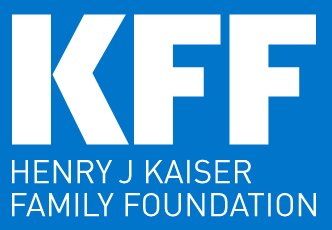
"Free" Screening? Know Your Rights to Get No-Cost Care
New threats to the ACA preventive services mandate, such as the recent Texas lawsuit, increase patient confusion about what services are covered with no cost-sharing. In response, a KHN article offers 5 crucial tips for patients from health care experts.

Ohio Expanded Breast Cancer Screening Coverage. Will the Nation Follow?
Ohio Governor DeWine signed House Bill 371 into law late last month, requiring insurance companies to cover additional screenings for individuals who are at high risk for breast cancer. Expanding screening coverage will enhance early detection, improve outcomes, and reduce disparities in breast cancer care.
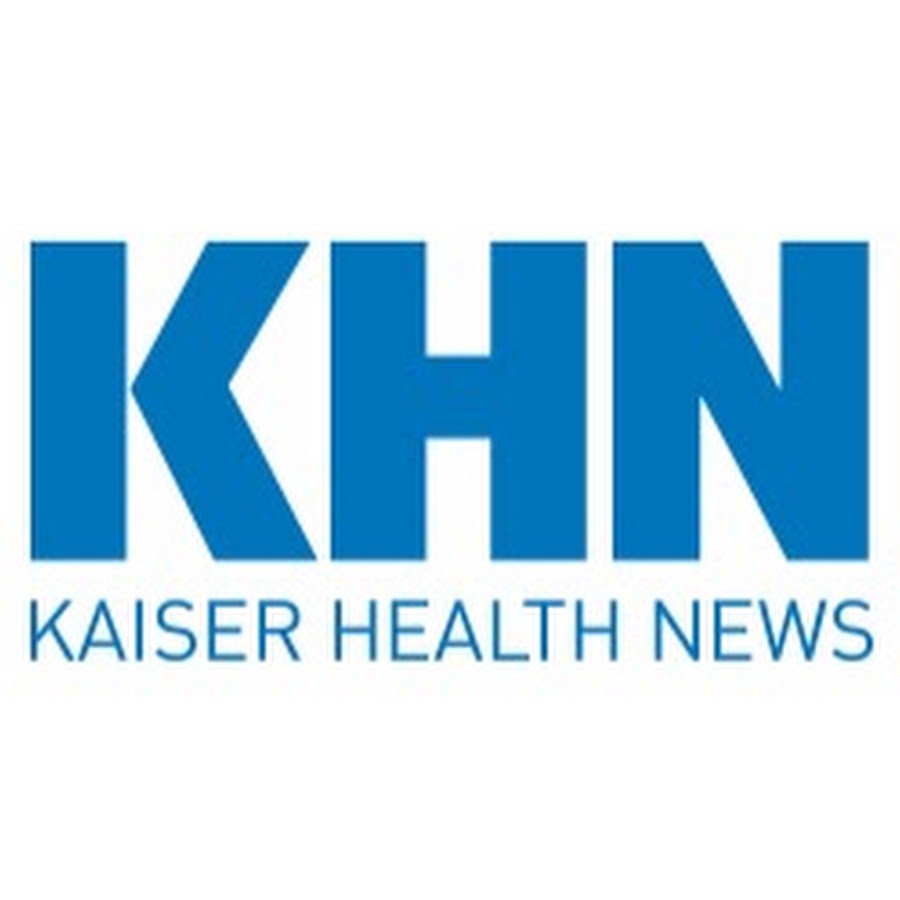
In America, Cancer Patients Endure Debt on Top of Disease
The second report of the KHN series, “Diagnosis: Debt”, contends that cancer patients experience devastating financial burden that slows recovery and hastens death. Removing financial barriers for these patients increase screening uptake, enhance equity, and ultimately save lives.


Reframe the Role of Prior Authorization to Target and Reduce Low-Value Care
In a Health Affairs Forefront, Mark Fendrick suggests that the debate on prior authorization programs should refocus on services that do not provide clinical benefit (at best) and thos that are harmful (at worst).
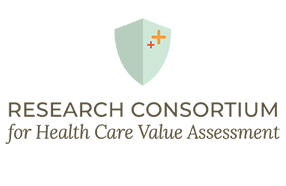
No–Value Care: A Starting Point to Reduce Wasteful Healthcare Spending
In a recent brief, the Research Consortium for Health Care Value Assessment suggests a new category of low-value care: No Value Care (NVC). Authors define NVC as services that: 1) have strong evidence demonstrating a lack of improved clinical outcomes; 2) low level of patient demand (that may override clinicians’ hesitancy to prescribe); and 3) the service is almost always no value in that specific clinical circumstance (low clinical nuance). They apply the definition to a convenience sample of NVC services from available data, and estimate the utilization and associated costs.


Value-Based Care in Diabetes Care Management Calls for Policy Changes
A summary of recent policy research on value-based insurance design in diabetes care suggests that V-BID models be implemented in Medicaid. Researchers also recommend expanding quality measures to include both processes and outcomes over time as well as implementing V-BID in single-payer systems to enhance diabetes management outcomes.
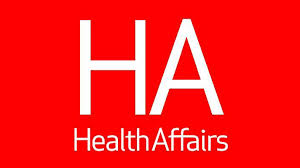
One in Seven Face Catastrophic Spending on Insulin
A new analysis of 2017 and 2018 Medical Expenditure Panel Surveys examined out-of-pocket spending on insulin and risk of catastrophic spending. Researchers found that 14.1% (1.2 million) of insulin users experienced catastrophic spending during the course of one year, and was 61% less likely among Medicaid beneficiaries than Medicare beneficiaries.
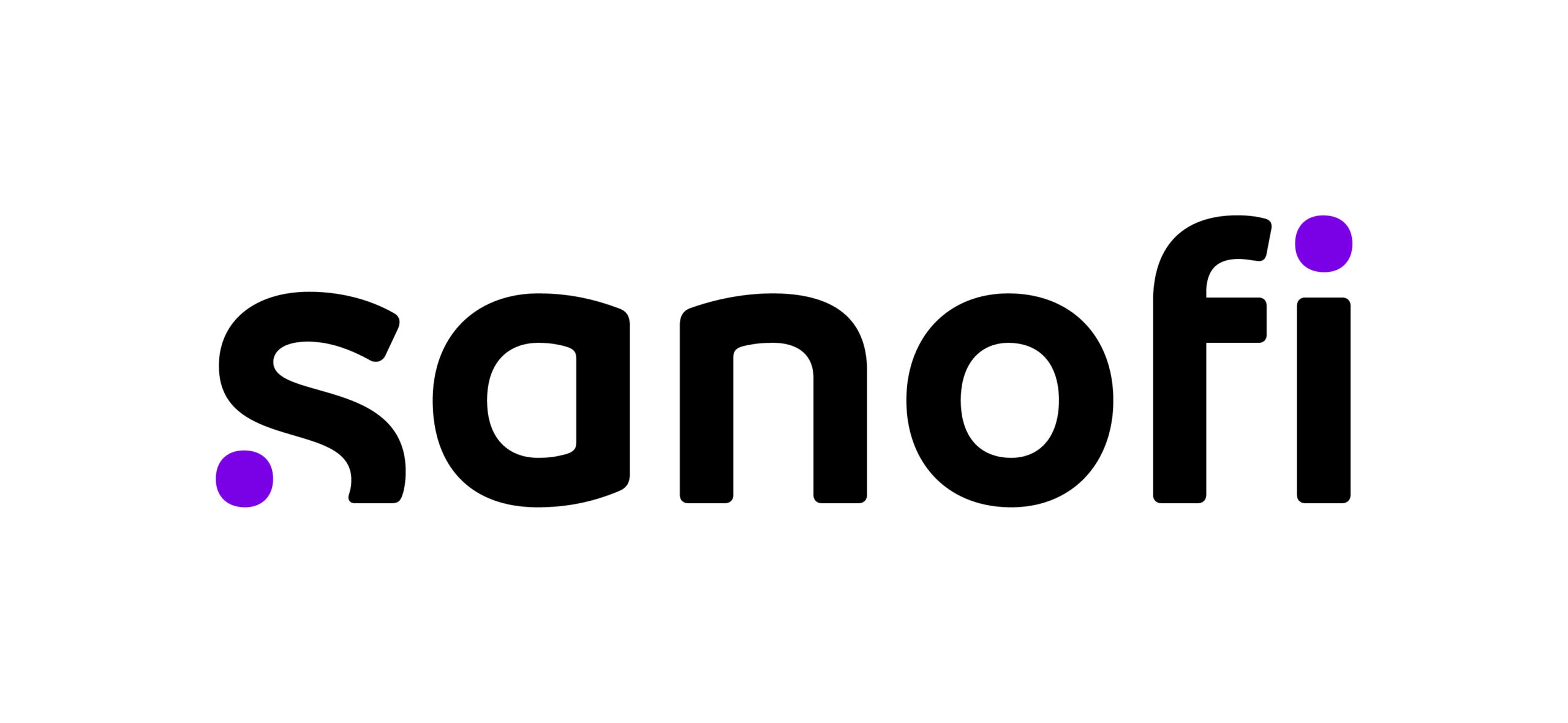
Sanofi Caps Out-of-Pocket Insulin Cost at $35 for Uninsured U.S. Patients
Effective July 1, Sanofi has limited the max cost-share for uninsured patients in the U.S. to $35 for a 30-day supply of insulin. This policy change has the potential to drastically lower out-of-pocket costs for Americans with diabetes and reduce cost-related non-adherence of insulin.


Infographic: Coverage Expansion in HSA-Eligible Health Plans Shows Little Impact on Premiums
Following up on a May issue brief, EBRI has published a graphic demonstrating the impact on premiums after expanding pre-deductible coverage for 14 medications and services in HSA-eligible health plans as allowed in IRS Notice 2019-45. Estimated premium increases range from virtually zero to 1.5%, and the percentage of users meeting their deductible was much higher among those using health care services listed in the IRS notice.

What’s Wrong With Health Insurance? Deductibles Are Ridiculous, for Starters
A recent New York Times opinion examines the inefficiency of one-size-fits-all cost-sharing. Rather than making health care consumers better shoppers, high deductibles, copays, and coinsurance discourage the use of all care, including services that are high value. Learn how V-BID can mitigate decreases in the use of essential services due to deductibles.

Americans Still in the Dark on Health Care Costs
A new Morning Consult survey has found that American families continue to receive unexpected charges despite the federal ban on surprise medical billing.
- 1 in 5 adults said they or their family have received an unexpected medical bill this year, and 22% of them were charged over $1,000.
- 45% of adults said they are confident they would know their emergency room bill up front.
- 63% of adults said they’re confident they would be able to address a surprise bill that they believed to be illegal with a provider or insurer.

Adding an Out-of-Pocket Spending Limit to Traditional Medicare
A brief from the Urban Institute’s US Health Reform—Monitoring and Impact initiative analyzes the impact of introducing a $5000 cap on cost-sharing in traditional Medicare (TM). Key findings are included below:
- More than 9% of TM beneficiaries have cost-sharing expenses >$5,000 and have average total Medicare expenditures of about $76,900.
- A $5,000 cost-sharing cap would increase per capita TM spending by $1,000, (7%), on average relative to current law, but would reduce cost-sharing for the enrollees with the greatest health care needs 53%.
- For high-spending enrollees, a $5,000 cost-sharing cap would reduce out-of-pocket costs by 51%, reduce supplementary plan spending by 51%, and reduce Medicaid spending by 58%.
Please Help Support the V-BID Center
As a non-profit entity, the V-BID Center relies on fundraising to support our research, education, and policy efforts. Please help us continue our work by donating here. We truly appreciate your consideration.



